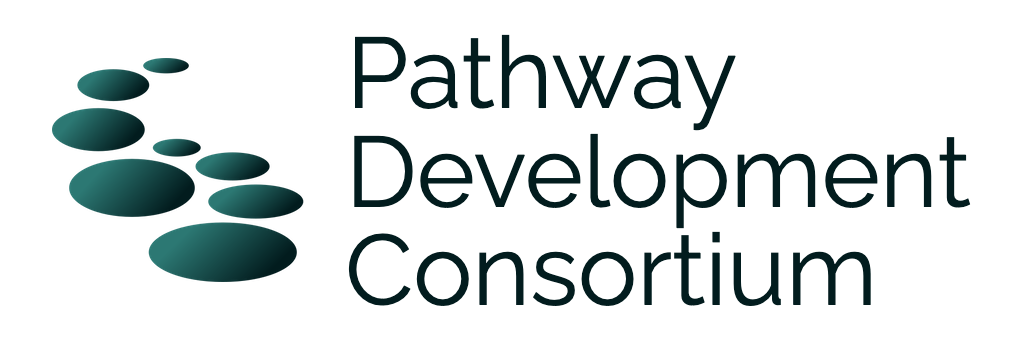Duchenne Muscular Dystrophy
We are creating a collaborative approach for scientific and policy interchanges among all types of stakeholders and across disciplines. Our initial focus is on the identified challenges of Duchenne muscular dystrophy (Duchenne) with the aim of generating life-saving solutions.
The Pathway Forward
Accelerated Approval for Duchenne AAV Gene Therapies
This white paper discusses the rationale for use of the accelerated approval pathway to advance AAV gene therapy development for patients with Duchenne. It identifies two surrogate endpoints reasonably likely to predict clinical benefit—muscle fat fraction (FF) obtained by magnetic resonance (MR) methods and microdystrophin and discusses aspects that are important for approval of medical products generally and others that are unique to medical products pursuing accelerated approval.
Duchenne Priorities
We have issued a white paper that identifies areas where attention is needed to facilitate development of AAV gene therapies for Duchenne. We seek to work collaboratively to address these issues in the hopes to bring more therapeutic options to patients.
Duchenne Roundtable
This workgroup was convened to elicit the perspectives of patients and their families on what matters most to them in terms of meaningful outcomes. The hope is that the roundtable will help to inform regulatory policy in the field.
Watch Patient Video
AAV-Gene Therapy for Duchenne Muscular Dystrophy:
Finding a path forward for meaningful clinical endpoints in clinical trials
Finding a path forward for meaningful clinical endpoints in clinical trials
Duchenne is the most common fatal muscle disease in pediatrics. On April 6, 2021, the Pathway Development Consortium held its inaugural roundtable on defining clinically meaningful clinical trial endpoints for the range of functional statuses of the Duchenne patient. This event aimed to promote scientific and policy interchanges among a broad range of Duchenne stakeholders, such as companies working on AAV-gene therapy for Duchenne, government agencies, Duchenne patient advocacy groups, professional organizations, academia, and other science-based collaborative organizations in Duchenne.
Although at an early stage, AAV-based gene therapy holds promise in Duchenne. Most trials have focused on younger, ambulatory patients with early-stage disease. There are currently no gene therapy trials for older Duchenne patients. There is a need to identify clinically meaningful endpoints across the disease spectrum that are objective, sensitive and address multifactorial disease burden that could be the basis for either traditional or accelerated approval for products being studied for Duchenne. The roundtable examined the benefit/risk of AAV gene therapy, including risk mitigation, along with current regulatory approaches. Perspectives and priorities for clinical trial design were also discussed with a focus on the need to ensure access for all Duchenne patients. Discussions examined the potential role of biomarkers and surrogate endpoints, and clinical outcome assessments such as pulmonary function, performance of upper limb, and the Duchenne Lifespan Mobility Scale.
Appropriate clinical trial designs must be clarified that can support the finding of substantial evidence of effectiveness, while allowing broad access to provide informative prescribing information for clinician and patient decision making. Early involvement of all stakeholders was highlighted as an essential element of a dynamic approach to designing all phases of Duchenne clinical trials. Collaboration will maximize the chance of approval of disease modifying treatments, and inform payer decisions to grant timely access.



